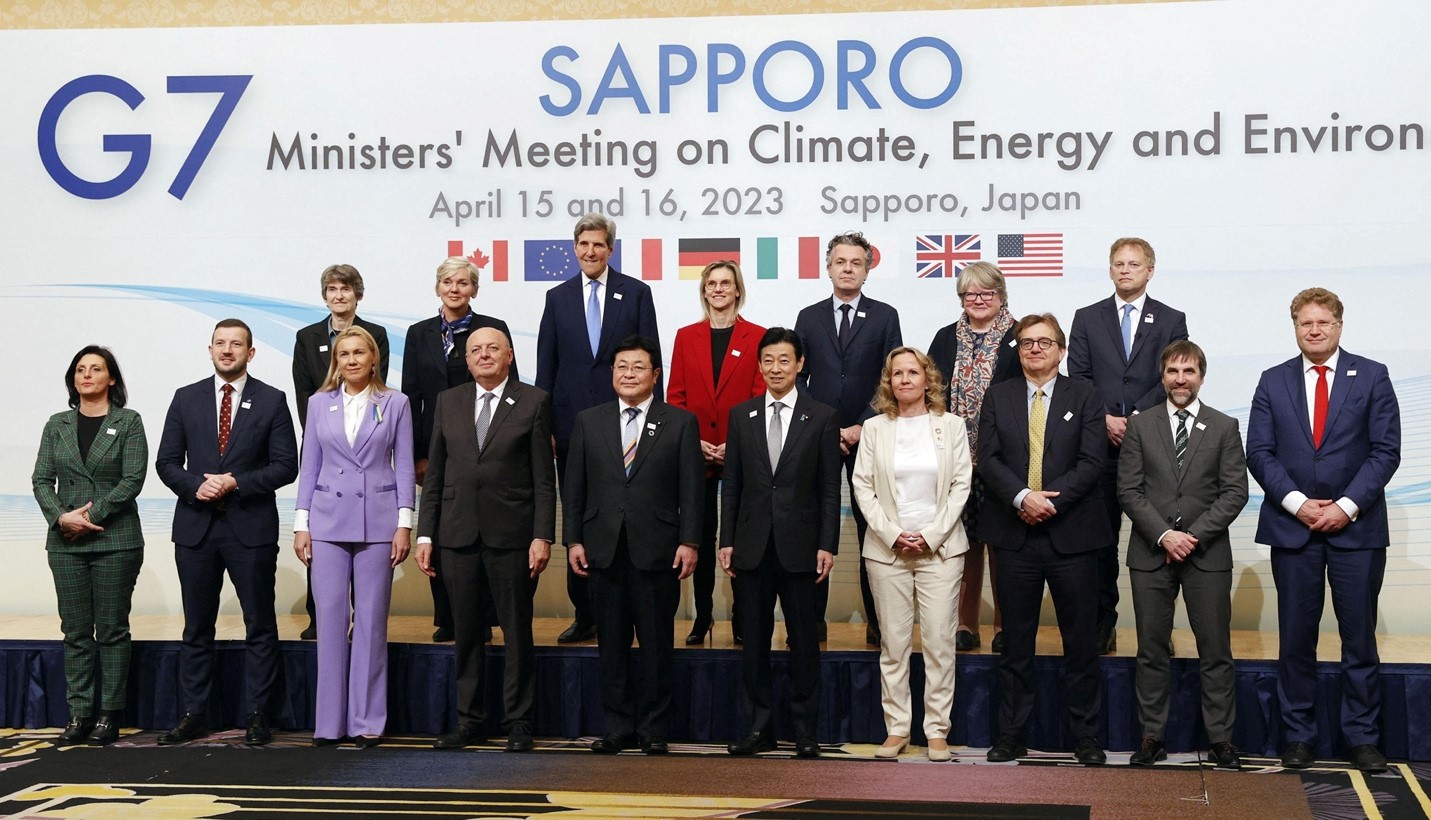





Disclaimer: Copyright infringement not intended.
Context
Highlights of the meet
Coal
Solar and Wind Power
Fossil Fuels
Gas Sector
Plastic Pollution
India’s participation
About G7
Members
History
Working
Other G groupings
G-20
G-10
Group of Fifteen
G24
G77
G33
|
PRACTICE QUESTION Q) Phasing out inefficient fossil fuel subsidies is a key component of delivering on the Paris Agreement whereas India is pushing instead for a phase down of coal. Discuss. (250 words) |









© 2025 iasgyan. All right reserved